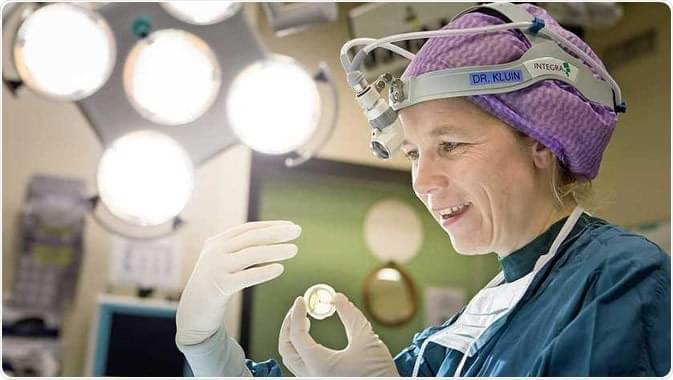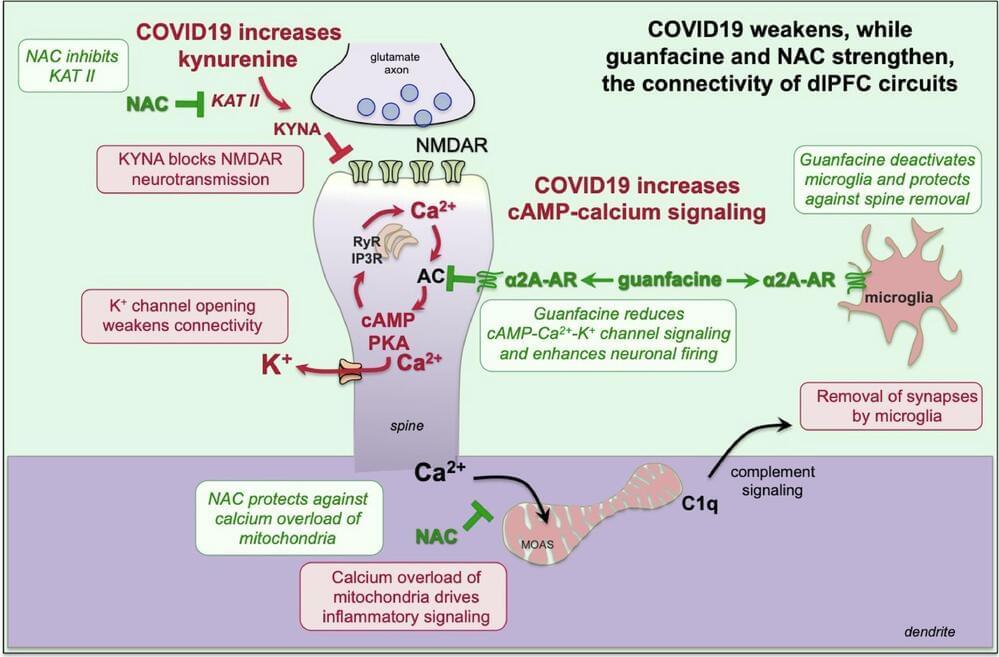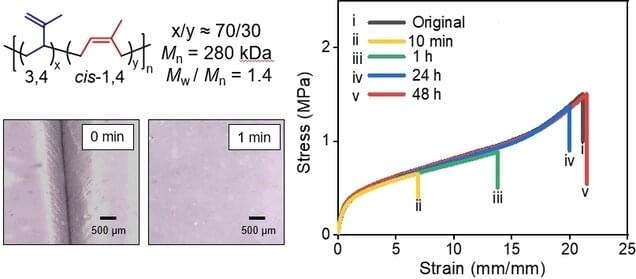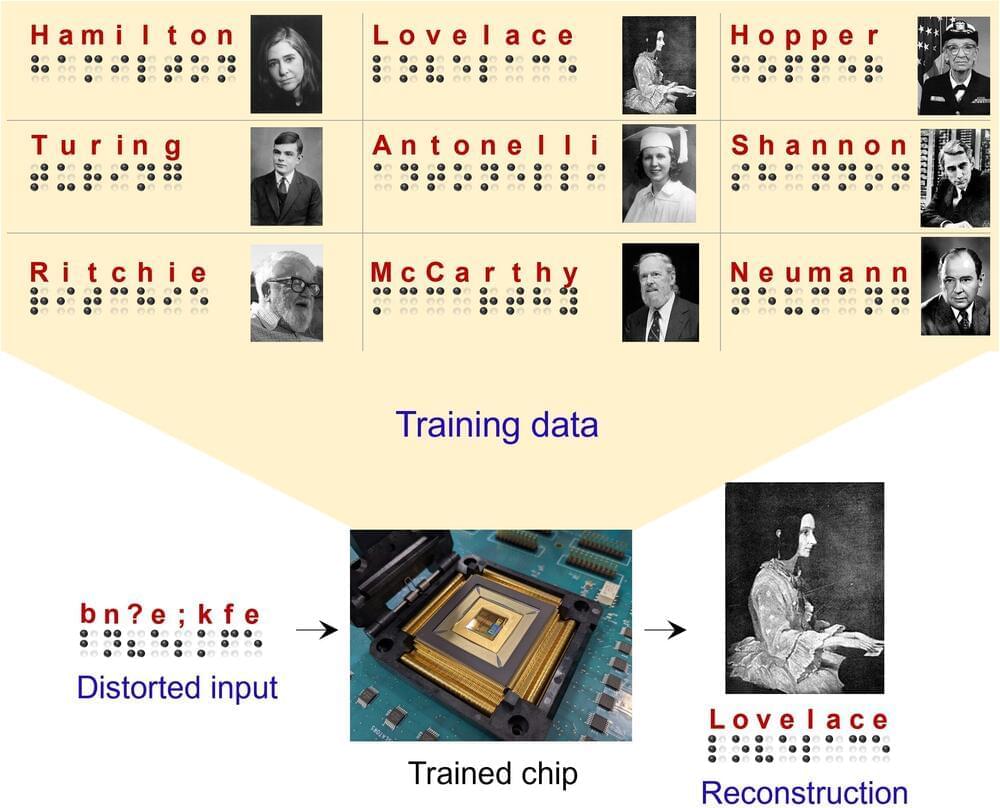One writer embarks upon the trip of a lifetime at Field Trip Health, a very particular kind of wellness clinic in Amsterdam, and recounts her experience of “macrodosing” psilocybin.


A new study finds that Earth’s “stabilizing feedback” keeps global temperatures in check.
Researchers find Earth has a “stabilizing feedback” mechanism. The mechanism of “silicate weather” helps regulate the planet’s carbon cycle.
The planet balances out extreme climate shifts, according to the new study.
Our planet’s climate is a hot topic for discussion, and with good reason — Earth is the cradle of all our lives. What happens to it affects us and our children directly. But while we’re worried we may be changing its climate now, the history of the planet is rife with major climate cataclysms. It went through periods of boiling heat and ice ages, it was pummeled by radiation and asteroids… More.
Suffering the heat wave? Here are the top 10 hottest places on Earth right now

Year 2020 face_with_colon_three
Scientists are working to end the need for human heart transplants by 2028. A team of researchers in the UK, Cambridge, and the Netherlands are developing a robot heart that can pump blood through the circulatory network but is soft and pliable. The first working model should be ready for implantation into animals within the next 3 years, and into humans within the next 8 years. The device is so promising that it is among just 4 projects that have made it to the shortlist for a £30-million prize, called the Big Beat Challenge for a therapy that can change the game in the treatment of heart disease.
The other projects include a genetic therapy for heart defects, a vaccine against heart disease, and wearable technology for early preclinical detection of heart attacks and strokes.
The need
There are about 7 million patients with heart and circulatory issues in the UK of which over 150,000 die every year. About 200 heart transplants occur each year in the UK alone, yet about 20 patients die in the same period while waiting for one. This is especially true if the patient waiting for one is a baby who was born with a defective heart, since babies need to have hearts transplanted from other babies – who must have died. And even with a successful transplant, strong immunosuppressive drugs must be started and often continued lifelong so that immune rejection does not occur. This is, however, accompanied by a higher risk of infectious and other complications.
😗
Japan sold a fully-functional robot suit that doesn’t just resemble a combat mech from a video game, it was able to actually fight like one too. With video games like “Armored Core,” mech fans already have a good idea of what giant fighting robots would be like in real life. One such fan is Kogoro Kurata –- an artist who wasn’t satisfied with leaving that notion to the imagination. Kurata explained that driving these giant robots was his dream, saying it was something the “Japanese had to do” (via Reuters). Unlike some of the coolest modern robots available today, Kurata envisioned a full-sized mech he can actually enter and operate: Something he actually accomplished in 2012.

Deep in the Constellation of Centarus lies a star 50 light-years away from the Earth. This star is so…unique that astronomers nicknamed it “Lucy.” Lucy, also known as V886 Centauri and BPM 37093, is (at first glance) an ordinary white dwarf star. But it seems to hide something rather special.
As many of you may know, a white dwarf is the hot cinder left behind when a star uses up its nuclear fuel and, in essence, dies. It is made mostly of carbon and oxygen and surrounded by a thin layer of hydrogen and helium gases.
In 1992 it was discovered that Lucy pulsates as a result of its core temperature dropping below 12,000 degrees Fahrenheit (6,600 Celsius). And in 1995 scientists decided to use Lucy for an experiment. They wanted to see what she was made of. The experiment was to use the pulsation of the star to see if the crystallization theory was true.

Older women heal bone fractures slower than men. Now a team has found that a single, localized delivery of estrogen to a fracture can speed up healing in postmenopausal mice. The findings could have implications for the way fractures in women are treated in the future.
Over 250,000 hip fractures occur each year in adults aged 65 or older in the U.S., three-quarters of which are female. Within a year, between 15 and 36% of hip fracture patients will die. While staggering, the gender gap is unsurprising given that more women than men suffer from osteoporosis, a disease that weakens the bones. And yet, only recently has the scientific community shifted their focus to understanding this difference.
“The majority of stem cell research is done on male animals. There’s very little research that has actually been done on females,” said Wu Tsai Alliance member Charles Chan, Ph.D., an assistant professor of surgery at Stanford University and co-senior author of the paper published Oct. 30 in Nature Communications. “The research is long overdue, especially the question of why women heal differently from men.”

Individuals with long COVID, sometimes referred to as “long-haulers,” experience symptoms that may persist for weeks, months, or even years after their acute viral infection. While symptoms vary widely, a common complaint among patients is “brain fog”—a colloquial term for significant, persistent cognitive deficits, with consistent impairment of executive functioning and working memory.
Long-haulers may experience a lack of mental clarity, poor focus and concentration, memory problems, difficulty with multi-tasking, and more. Brain fog can be debilitating, but there currently are no treatment options that are approved for the condition.
While the number of patients they studied is too small for their results to be definitive, Yale researchers, using their extensive experience with two existing medications, have published initial evidence that those drugs, given together, can mitigate or even eliminate brain fog.

Material scientists at RIKEN have created a self-healing polymer by using an off-the-shelf compound for the first time. The strategy they used is promising for improving the durability and minimizing the environmental impact of various commercial polymers for a wide range of applications.
Polymers capable of healing themselves when damaged would last longer and thus reduce costs and the burden on the environment. Current strategies for producing self-healing polymers mainly employ reversible chemical reactions, but this usually entails complex synthesis processes. Furthermore, self-healing mechanisms based on chemical reactions may not work in certain environments such as in water and acidic and alkaline solutions.
Ideally, material scientists would like to produce polymers that self-heal under a wide range of conditions, from readily available materials, using simple synthesis processes.

Deep-learning models have proven to be highly valuable tools for making predictions and solving real-world tasks that involve the analysis of data. Despite their advantages, before they are deployed in real software and devices such as cell phones, these models require extensive training in physical data centers, which can be both time and energy consuming.
Researchers at Texas A&M University, Rain Neuromorphics and Sandia National Laboratories have recently devised a new system for training deep learning models more efficiently and on a larger scale. This system, introduced in a paper published in Nature Electronics, relies on the use of new training algorithms and memristor crossbar hardware, that can carry out multiple operations at once.
“Most people associate AI with health monitoring in smart watches, face recognition in smart phones, etc., but most of AI, in terms of energy spent, entails the training of AI models to perform these tasks,” Suhas Kumar, the senior author of the study, told TechXplore.
